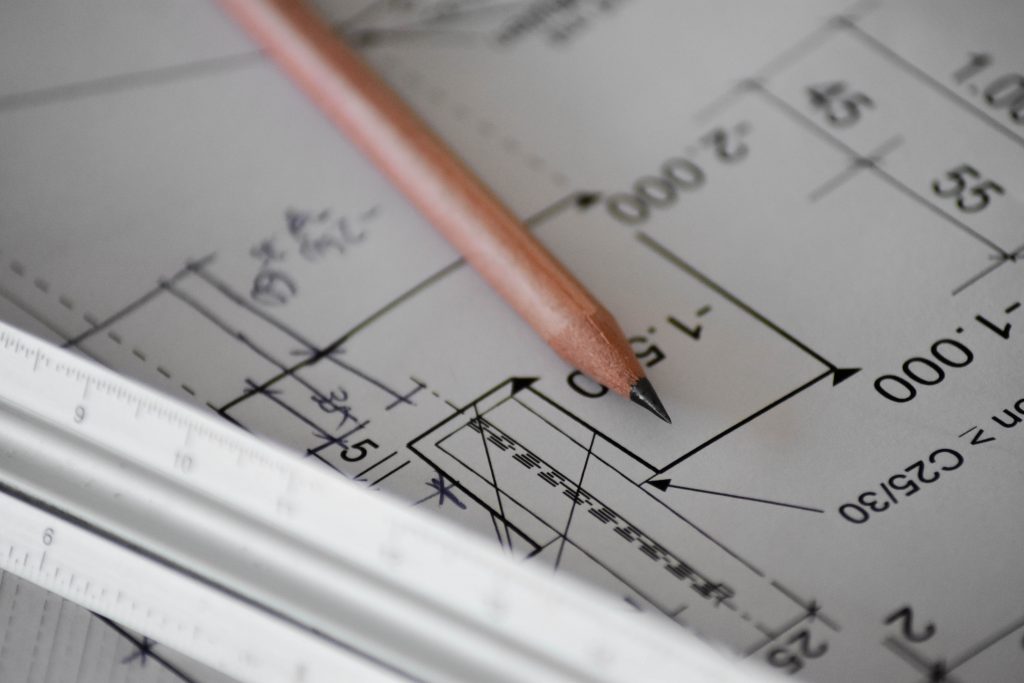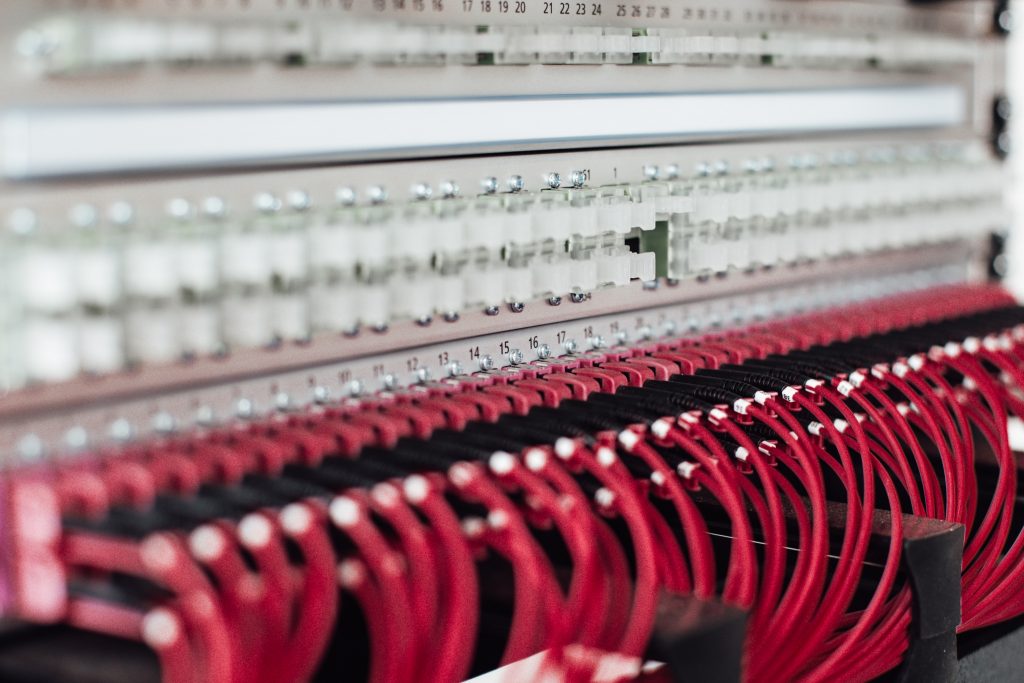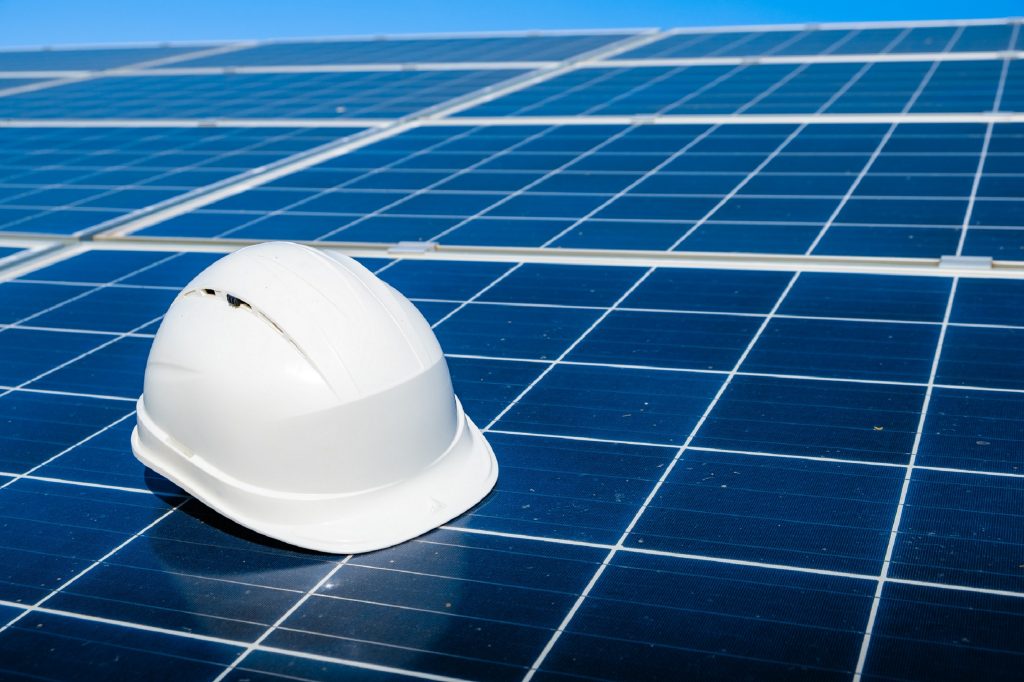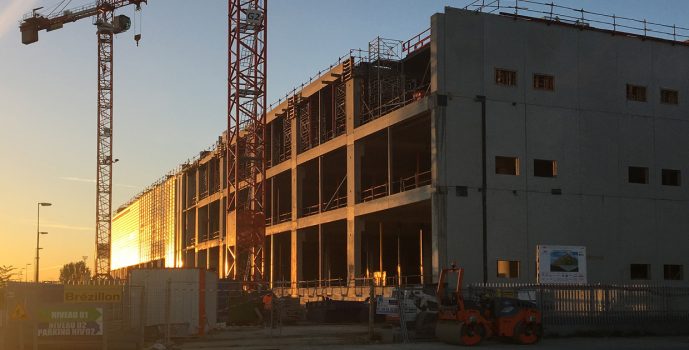As the world continues to shift to a more digitised way of life, mission-critical computing exists to provide secure, reliable, and scalable processing environments that support organisations’ everyday functions.
Whether accessed by staff or the end-user, the failure of such a pivotal ‘support system’ can cause significant financial and reputational damage to a brand if they fail – particularly in retail, personal finance, and travel.
And, in the case of healthcare, government, border security, and military systems, if they go down, they may also have an impact on national security.
So, as we become more reliant on data centres to keep the world moving, we should therefore build them with a view to last, remain efficient, and be adaptable to changing requirements.
Here are five critical factors to ensure success in the development of such buildings…

Local planning regulations
Familiarity with rules and regulations which govern data center development is absolutely crucial to avoid problems arising down the line.
Every organisation may have a different set of standards to follow, however, compliance standards of which there are many, can protect developments against human error and guarantee longevity

Power availability
Finding sites that are suitable for construction of data centers, is not always a straightforward task. However, reliable power supply from the grid as well as a back up supply to ensure uninterrupted energy throughout the development and beyond cannot be neglected. This often means building new substations, digging up roads to feed cables to the building and finding alternative sources of energy.

Proximity to fibre optic cabling
Fiber optic cables pose a significant advantage over the copper alternative in terms of internet connectivity — carrying a more substantial amount of data at faster speeds. As a result, it’s important to have access to these resources to guarantee a low latency internet connection and efficient transfer of data.

Transportation
While a data center can be built anywhere with power and connectivity, location has an additional impact on the quality of service it can provide to its customers, once built.
It’s important for employees and workers to have straightforward transport links, to enable easy commuting access. And while land availability is running out in city centres, building on the outskirts of large hubs on existing industrial sites means easier access from data links and power at the same time.

Overcoming environmental constraints
Finally, and one of the most important elements, is sustainability. Power consumption, heat recovery, and minimising geotechnical risk all come into play here. We’ve previously spoken about the urgency to make data center construction as sustainable as possible and as people all over the world become increasingly aware of the environmental agenda, this will continue to come to the fore.
Having worked on projects for the likes of Global Switch, Equinix, Digital Realty, Colt, CloudHQ,, and Vantage, we’re proud to be one of the leading architectural practices in France recognised for our experience in the design and construction of data centres, and you can find out more about our expertise, here.








